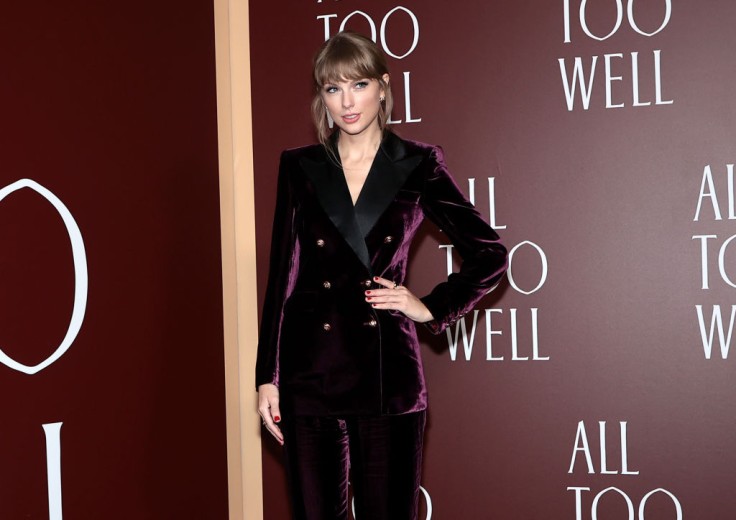
"Playas Gon' Play" writers Nathan Butler and Sean Hall sued Taylor Swift over "Shake It Off", accusing her of plagiarizing the song.
Popstar Taylor Swift asks Los Angeles court to dismiss a copyright infringement lawsuit filed against her in connection to her single "Shake It Off," claiming that the judge's decision to send the matter to a jury trial was "unprecedented."
Sean Hall and Nathan Butler, writers of the song "Playas Gon' Play" by 3LW, sued Swift last 2017 for allegedly ripping off their lyrics on her 2014 hit "Shake It Off".
The lyrics in question were "Cause the players gonna play, play, play, play, play and the haters gonna hate, hate, hate, hate, hate,".
The plaintiff, Hall and Butler's song goes as, "playas, they gonna play" and "haters, they gonna hate.", which Swift's camp argues to be something belonging to the public domain.
On Dec. 9 this year, U.S. District Judge Michael W. Fitzgerald denies Swift's Motion for Summary judgment, thereby allowing the case to be put into trial. Fitzgerald contends that there is a "genuine dispute as to the potential substantial similarity between the lyrics and their sequential structure."
READ ALSO: Britney Spears Is Not Ready To Return To Music, Says She's "Scared" Of The People and The Business
The judge's ruling and Swift's appeal
In response to the denial of the motion, Swift's camp dubbed the decision as "unprecendented" and asked to have the decision revisited.
Swift's team said in a memo last week that Hall and Butler expert witness Loren Kajikawa said in a deposition that the phrases "playas gon' play" and "haters gonna hate" were part of the "urban vocabulary," which means they are not protected.
The filing also stated that under a specific "extrinsic test", the only similarity between the two disputed tracks is that "both works use versions of two short public domain phrases that are free for everyone to use.
These public domain phrases are "players gonna play" and "haters gonna hate".
In this case, the mere presence of those phrases in the songs "simply does not satisfy the test", Swift's attorney wrote.
If proven plagiarized, it would mean that anyone could sue anyone who writes, sings, or publicly says "players gonna play" and "haters gonna hate".
Hall and Butler's camp told NBC that the motion "is a naked attempt to bury weaker artists who are trying to protect their rights,".
An appeal hearing is slated on February 2022 for the court to revisit Swift's appeal, while if it is put on trial, it is expected to be in session on August 2022.
READ ALSO: Doja Cat Plans A 'Double-Album' With Hip-Hop and Pop Songs [DETAILS]
© 2025 MusicTimes.com All rights reserved. Do not reproduce without permission.







